After a hearing on January 10, the US Supreme Court appears to be leaning towards the possibility of enforcing a law that would force TikTok to stop operating in the US.
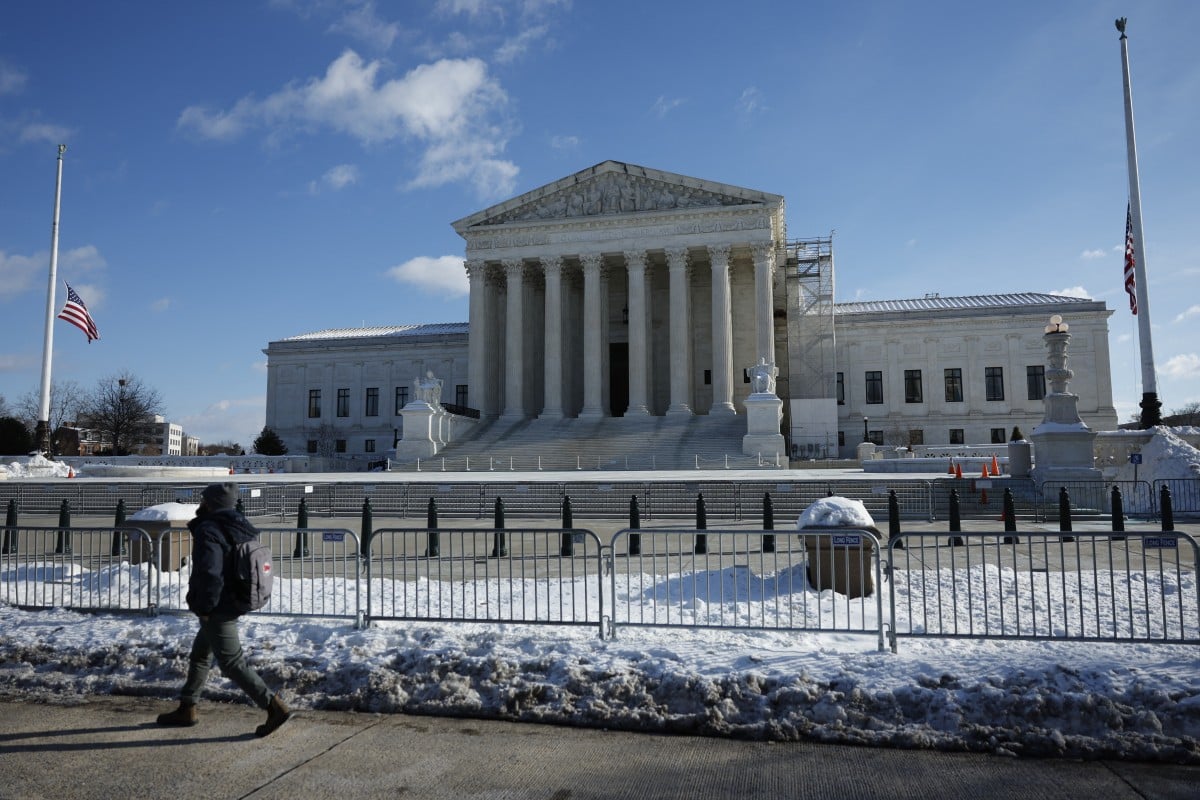
Outside the US Supreme Court in Washington DC
During more than 2 hours at a trial in Washington DC on January 10 (local time), US Supreme Court justices seemed skeptical about the authenticity of TikTok's arguments when the company said that the law passed by the US Congress 8 months ago violated the First Amendment of the US Constitution on freedom of speech, Reuters reported on January 11.
Here's how the US legislation and TikTok's legal battle unfolded in the US:
The Act at the heart of the case
TikTok's legal battle stems from a law passed by the US Congress in April 2024.
Called the Protecting Americans from Apps Controlled by Foreign Adversaries Act, the bill states that third-party service providers like Google or Apple are prohibited from "distributing, maintaining, or updating" an app controlled by a foreign adversary.
That means offering such an app on Google or Apple's app stores would be illegal.
By law, any app operated by ByteDance, TikTok's Beijing-based parent company, or its subsidiaries, is considered an "app controlled by a foreign competitor."
The law's scope also includes apps from a "front company" of a foreign adversary, which the US says includes China, Russia, North Korea, and Iran.
The law will take effect 270 days after its passage, which means it will take effect on January 19. However, TikTok can still operate in the US after this date if it "breaks away" from ByteDance's control.
In the event that a US company acquires the app from a foreign competitor, the incumbent President can extend the official implementation period for another 90 days to facilitate the transfer.
Debate between the parties
The US Justice Department has presented its brief to the Supreme Court on behalf of the government, arguing that the vast amount of information TikTok collects about US users could be used by the Chinese government for "espionage or blackmail" or to "advance its political interests" by spreading disinformation and inciting discord within the US during times of crisis.
"In response to these serious national security threats, Congress has not imposed any restrictions on free speech, let alone on viewpoints or content. Instead, Congress has only limited foreign control: TikTok can continue to operate in the United States and present the same content from its long-time users in the same way, if its current owners execute a divestment that frees the platform from Chinese control," CBS News quoted the Justice Department's presentation.
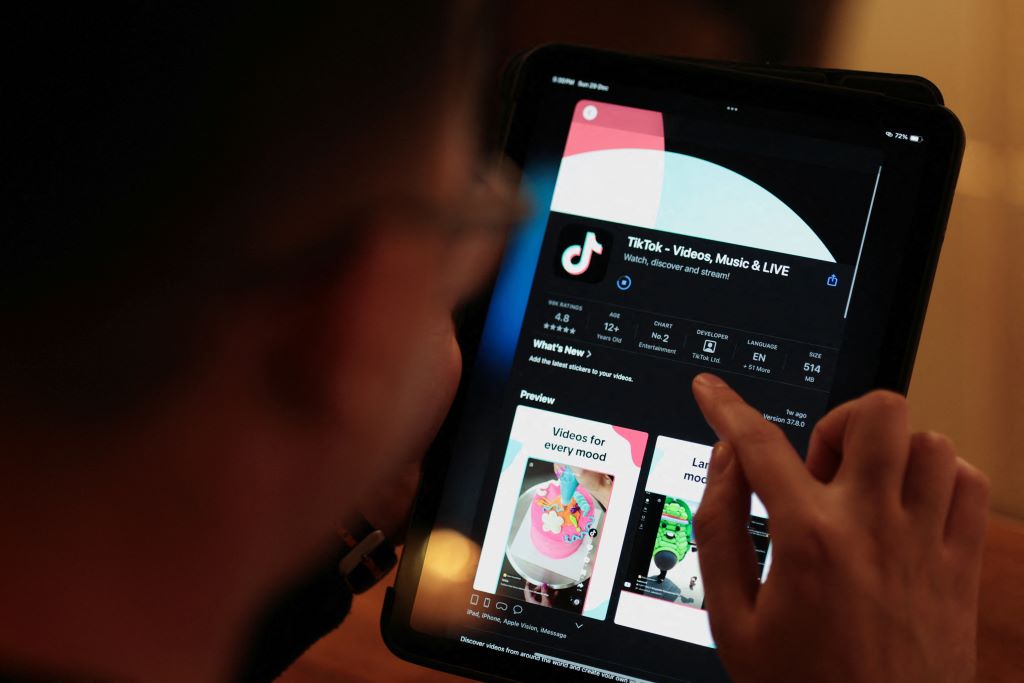
TikTok app attracts about 170 million regular users in the US
Meanwhile, lawyers representing TikTok argued that shutting down the app in the US would affect the 170 million active users in the country. The lawyers called the move to remove TikTok “unprecedented” and accused the US government of declaring war on the First Amendment, which protects freedom of speech.
TikTok also denied the possibility of leaving ByteDance, and its Chinese parent company confirmed in April 2024 that it would not sell the platform.
A group of eight TikTok users in the US also filed a lawsuit against the law, citing the First Amendment as the basis for their argument.
However, a federal appeals court rejected the above argument of TikTok and the user group in December 2024. Specifically, the panel of judges of the DC appeals court agreed with the government's argument that TikTok poses a risk to US national security. The court also rejected TikTok's request to postpone the ban while it appeals to the Supreme Court.
CBS News quoted Thomas Berry, a constitutional law expert at the Cato Institute (headquartered in California, USA), calling the Supreme Court's support for the government's restriction of a popular platform unprecedented in American history. However, if it actually happened, the Supreme Court would have reasons to do so.
Trump turns against banning TikTok
Initially, President-elect Donald Trump in 2020 sought to ban TikTok and ByteDance was forced to sell the app to the US on national security grounds. However, things changed during the 2024 presidential campaign, after he first opened an account on TikTok.
In a recent move, Mr. Trump's lawyers filed a petition with the Supreme Court late last year asking the court to consider extending the deadline beyond January 19 to give Mr. Trump time to consider a political solution to the case, according to Reuters.
Mr. Trump also recently received TikTok's leader at the Mar-a-Lago resort (Florida state) and credited the platform with helping him win the votes of young voters on Election Day, November 5, 2024.
While Mr. Trump wants to find a solution for TikTok, some members of the incoming administration support banning TikTok, including Secretary of State nominee Marco Rubio and national security adviser pick Mike Waltz.
The leaders of the China Committee in the US House of Representatives and Republican Senator Mitch McConnell also sent a petition to the Supreme Court urging the implementation of the new law.
Source: https://thanhnien.vn/tiktok-nin-tho-cho-phan-quyet-cua-toa-toi-cao-my-18525011111375326.htm





![[Photo] Prime Minister Pham Minh Chinh chairs the first meeting of the Central Steering Committee on housing policy and real estate market](https://vphoto.vietnam.vn/thumb/1200x675/vietnam/resource/IMAGE/2025/9/22/c0f42b88c6284975b4bcfcf5b17656e7)








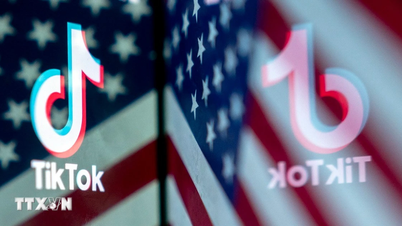
















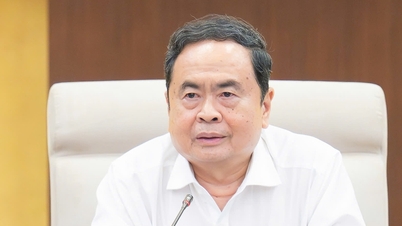

![[Photo] General Secretary To Lam presents the First Class Labor Medal to the Vietnam National Energy and Industry Group](https://vphoto.vietnam.vn/thumb/1200x675/vietnam/resource/IMAGE/2025/9/21/0ad2d50e1c274a55a3736500c5f262e5)












































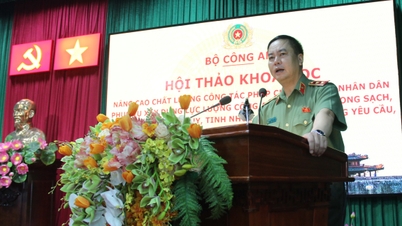


















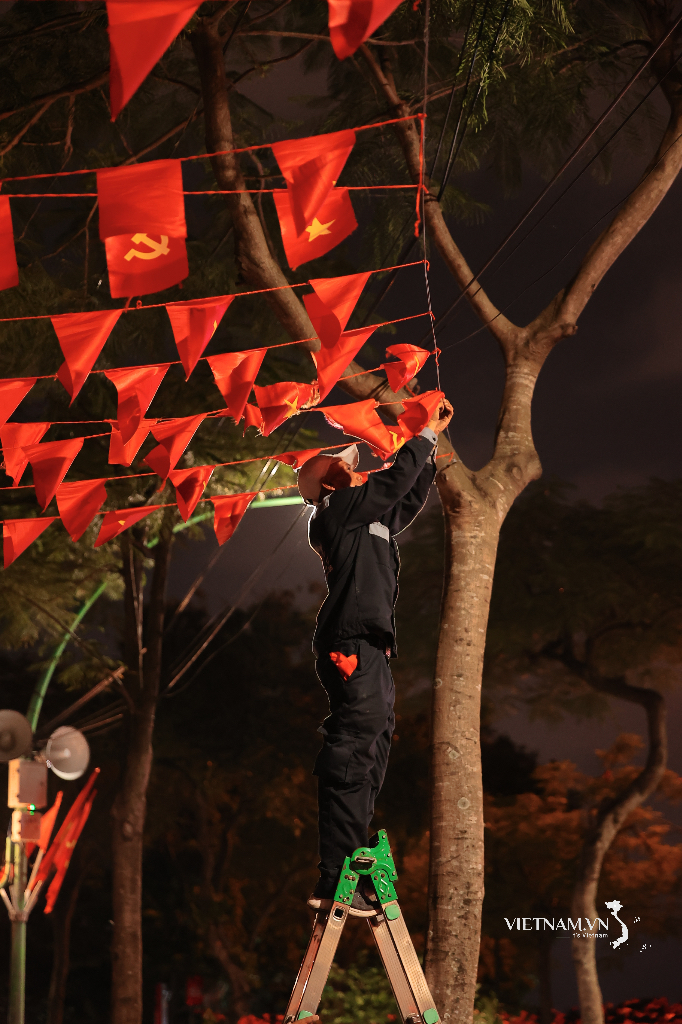
Comment (0)